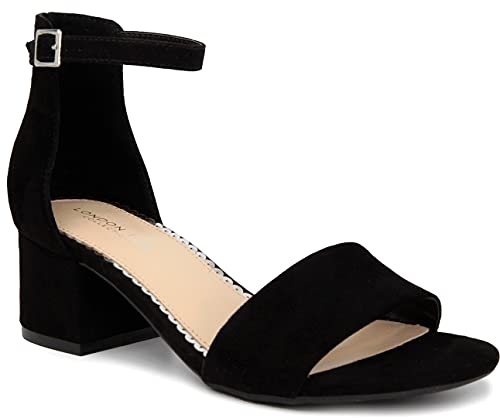

“So, younger people would have legal and safe access to low-THC products that would still get them where they want to get to.

“I think it’s interesting to imagine THC potency limits paired to different age groups, and if that could be a way to unfold policy,” Berman says. One idea: Restrict 18-to-20-year-olds to low-THC products only. Most ended up following the rule already in place for alcohol: 19.ĭouglas Berman, law professor at Ohio State University and executive director of the college’s Drug Enforcement and Policy Center, underscores the individual and community harm that comes with arrests at a young age, “and the collateral consequences of possibly having a conviction and everything that flows from that.” Canada took its cue from alcoholĪs health groups pushed for minimum legal ages of 21 and even 25, Canada’s Cannabis Act ultimately left it up to individual provinces and territories to set a minimum age. That group found that the higher the minimum legal age, the more likely adolescents will seek out unregulated sources, risking both consumption of potentially more dangerous products and also incarceration. 2018 opening of legal cannabis sales in Canada, a government task force took a hard look at the best-legal-age question. In an ideal world, alcohol would also be outlawed for health reasons, but we all know how Prohibition worked out. In the real world, though, policymakers have to weigh human nature’s penchant for the forbidden with appropriate rules and consequences. In an ideal world, sure-and in this ideal world underage kids never go looking for cannabis from illicit sources, either. In the real world, policymakers have to weigh human nature’s penchant for the forbidden with appropriate rules and consequences.

If the serious nature of brain health is such a risk, why not just make cannabis illegal until a person’s mid-20s? However, one recent study suggests any changes to brain structure caused by cannabis use in adolescence cleared up by the time subjects were in their 30s.Īnother ongoing study in the Saguenay region of Quebec took MRI scans of over 1,000 adolescent brains in 2002, and the same subjects are currently being re-evaluated as adults-results pending. Health experts cite THC exposure in adolescents causes changes to the brain’s folding patterns, decreased neural connectivity, thinning of the cortex and lower white matter, among other symptoms. That being said, the science around early cannabis use and brain development is still evolving. Adams didn’t get into specifics on age, but expressed concern about cannabis use while the brain continues to develop into a person’s mid-20s. Adams focused on concerns about the effect of cannabis use on the developing brain, and he concluded with a “nationwide call to action” on cannabis safety for young people. In 2019, US Surgeon General Jerome Adams released his own advisory on cannabis use. “Given the data supporting the negative health and brain development effects of marijuana in children and adolescents, ages 0 through 21 years, the AAP is opposed to marijuana use in this population.” While the American Academy of Pediatrics declined to comment on the study, a spokesperson did point Leafly to its policy statement on cannabis: Who else influences policymakers? Health organizations, for one. “We believe our findings can help inform the debate on minimum legal age in Canada, as well as inform policymakers in other jurisdictions that are looking to legalize non-medical cannabis such as Mexico, New Zealand, Russia, Luxembourg and several US states.” Medical groups like 21

“We don’t take satisfaction from whether our findings support or contradict the current minimum legal age in most provinces,” he said. It was about measuring the impact of a long-prohibited substance that has not been well evaluated, and the long-term effects of its use in early adulthood. While age 19 tracks with minimum legal age in most Canadian provinces and territories, the study’s lead author, Hai Van Nguyen, says his team’s study wasn’t about questioning or confirming current regulations. In their study, the Memorial University team concluded that the ideal minimum legal age for cannabis was 19. Instead of looking at the immediate health and safety of young adults, they assessed later life outcomes-namely educational attainment, lifetime cigarette smoking habits, and general physical and mental health.


 0 kommentar(er)
0 kommentar(er)
